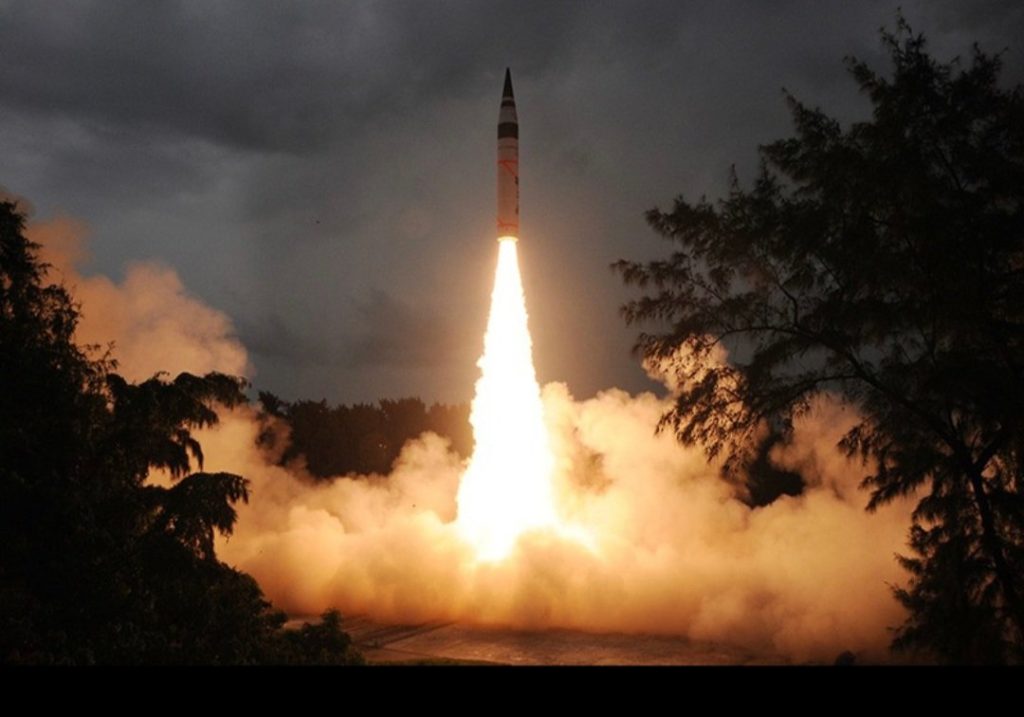Sept 7, 2022

Back in March 2020 scientists were modeling the impact upon our planet of a small scale nuclear war.
https://www.nature.com/articles/d41586-020-00794-y
One would hope that such a foolish decision by world leaders would be improbable. After all, even the war hawks realize it could be the end of all for this planet. Surely they are too sensible to set off such a scenario. But are they?
Yesterday I read this headline in the Washington Post: Ukraine military chief says ‘limited’ nuclear war cannot be ruled out
The 2020 model predicts that among many traumatic effects we would all have to endure one of the most troubling would be worldwide famine. The model predicted:
Beyond the oceans, the research team has found big impacts on land crops and food supplies. Jonas Jägermeyr, a food-security researcher at NASA’s Goddard Institute for Space Studies in New York City, used six leading crop models to assess how agriculture would respond to nuclear winter. Even the relatively small India–Pakistan war would have catastrophic effects on the rest of the world, he and his colleagues report this week in the Proceedings of the National Academy of Sciences1. Over the course of five years, maize (corn) production would drop by 13%, wheat production by 11% and soya-bean production by 17% .
The worst impact would come in the mid-latitudes, including breadbasket areas such as the US Midwest and Ukraine. Grain reserves would be gone in a year or two. Most countries would be unable to import food from other regions because they, too, would be experiencing crop failures, Jägermeyr says. It is the most detailed look ever at how the aftermath of a nuclear war would affect food supplies, he says. The researchers did not explicitly calculate how many people would starve, but say that the ensuing famine would be worse than any in documented history.
Farmers might respond by planting maize, wheat and soya beans in parts of the globe likely to be less affected by a nuclear winter, says Deepak Ray, a food-security researcher at the University of Minnesota in St Paul. Such changes might help to buffer the food shock — but only partly. The bottom line remains that a war involving less than 1% of the world’s nuclear arsenal could shatter the planet’s food supplies.
Back in 2011 The HuffPost published an article titled Could a Small Nuclear War Reverse Global Warming?
After some speculation on the possible benefits of nuclear conflict they concluded: The cons seem to outweigh the pros in the event of global cooling caused by even a small nuclear war.
It is long past time for promoting peace talks in Eastern Europe.